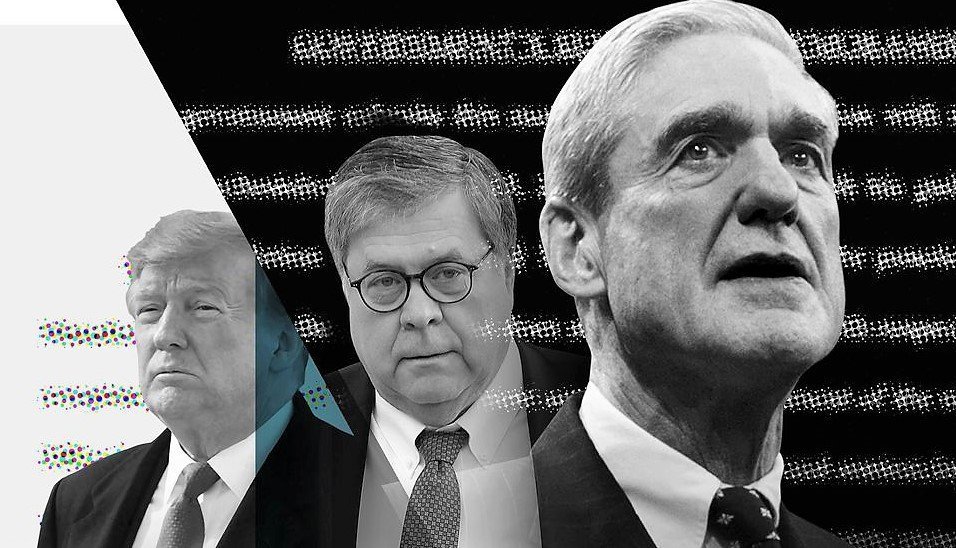Attorney General William Barr said today he expects to release a redacted version of special counsel Robert Mueller’s report “within a week,” but he does not plan to provide Congress with an unredacted version of the report, setting the stage for a showdown with congressional Democrats.
Barr told a House subcommittee today that the redactions process was going “very well,” and he would use color-coded categories and explain the rationale for the redactions that are made from Mueller’s nearly 400-page report.
But he said he would not accede to Democrats’ demands that he provide the full, unredacted report to Congress, arguing that he cannot legally release grand jury material and that he did not plan to ask a court to release it.
“I don’t intend at this stage to send the full, unredacted report to the committee,” Barr said.
Barr’s comments come ahead of a brewing clash between Congress and the Trump administration over the Mueller report, as Democrats are indeed prepared to go to court in an effort to obtain the unredacted Mueller report and the special counsel’s underlying evidence.
Democrats on the House Judiciary Committee have already authorized a subpoena for the full Mueller report and the underlying evidence, which House Judiciary Chairman Jerry Nadler said today he is waiting to see what Barr releases before moving forward on the subpoena.
“The question is what we receive — do we receive a full copy of the Mueller Report and the documentation underneath it?” Nadler said. “Do we receive most of it with a little redaction or do they completely expurgate it? We’ll have to take a look at it.”
Barr has said four types of information would be redacted from the report he submits: grand jury material, classified information, material tied to ongoing investigation, and information that could harm “peripheral third parties.”
Barr told the House Appropriations subcommittee, where he was appearing today to testify on the budget, that he was willing to work with Nadler to provide some additional information to the committee beyond the redacted report.
But he stopped well short of pledging to provide the full report as Democrats have demanded.
The Justice Department inspector general intends to complete by May or June his investigation into aspects of the Russia inquiry, including whether law enforcement officials abused their surveillance powers to spy on a Trump campaign aide, Barr said.
The inspector general, Michael Horowitz, has been examining how the F.B.I. and Justice Department obtained a secret warrant in October 2016 to wiretap Carter Page, a former Trump campaign foreign policy adviser.
Republicans have accused law enforcement officials of improperly obtaining the warrant because they relied in part on Democratic-funded opposition research compiled by Christopher Steele, a former British intelligence officer who was also an F.B.I. informant, in seeking permission from the secretive Foreign Intelligence Surveillance Court to surveil Page.
As part of his investigation, Horowitz is also scrutinizing the F.B.I.’s relationship with Steele.
Barr also said he was studying the F.B.I.’s decision to begin investigating ties between Russia and Trump’s campaign during the 2016 election, Barr said.
He said he was trying to get his “arms around all the aspects of the counterintelligence investigation.”
